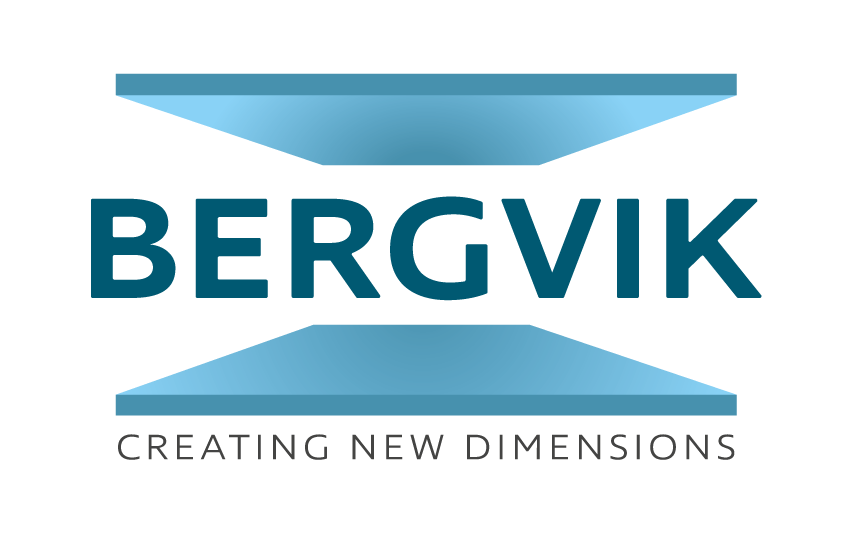It’s estimated that 1.145 trillion MBs of data are created each day across the globe. Taking into account smartphones, the Internet, and remote work, there’s a dizzying amount of data generated every second. But how do you think all this data is processed, shared, and stored?
For years, servers and other IT systems slowly progressed from on-premise to virtual networks. Although the servers may not be in your office, it doesn’t mean it’s non-existent. Your servers still have to be somewhere – and that’s where a data centre comes in.
What is a Data Centre?
A data centre (DC) can be defined as a building or any physical location where core IT and computing infrastructure and services are housed. It is a secure facility where you can find routers, firewalls, servers, and switches, among many others. The primary use of a data centre is to guarantee security, reliability, and uptime.
You can think of a data centre as a storage unit for your data and applications. This place of storage is incredibly high-tech and offers excellent security with guidance from industry standards for designing and maintaining the facility. This way, you do not worry about attacks, including unauthorised access of data from the outside.
Why is a Data Centre Important?
Data is a critical asset for any organisation. Most businesses have to store data, including emails, online transactions, and other private information. These things are all stored in a server, which is a specialised computer connected to the local network within the company. Small businesses can often have their data stored on-premise, allowing them to manage everything on their own.
However, businesses can quickly grow over a short period, thus resulting in more demand for data. As a result, more space and servers will be utilised. One option is to have an onsite room for the servers. Unfortunately, this is often difficult to manage and maintain, not to mention expensive.
There will always be imminent challenges in managing data whilst ensuring compliance. That’s why data management is essential in improving business agility, especially in acquiring up-to-date information anytime, anywhere. With companies realising the significance of data dynamism, more are shifting their resources towards data centres to manage data better.
Data Centre Security
Apart from knowing what is a data centre, it’s important to ensure that data will be secure at all times. Data centres should have a security system as part of their support infrastructure. DC security is not just about continuous access to data even when the power supply is out. It’s not merely about keeping equipment cool and well-ventilated or safe from fires and moisture or water.
DC networks should have a zero-trust analysis into their design. That means they should be complete with specified firewalls, access controls, IPS, and Web Application & API Protection or WAAP. Security measures are an investment that businesses should never skimp on to always keep their information secure.
4 Benefits of Data Centres to Businesses
We have already answered the question, “What is a data centre?” Now it is time to know why you should have it for your business. Here are four benefits to ponder on:
1. Power
Each piece of IT equipment demands power. As your system and infrastructure grow, your business and its requirement for power increase, as well. You want to maintain and protect all your mission-critical applications to ensure they are running, especially when you need them to be. That’s why you require a data environment that comes with reliable, robust, and interruptible power sources.
The previous statements alone should convince you to have a data centre for your business. In a Tier I DC, which is the most basic classification, the requirement is to have an interruptible power supply (UPS), along with heating and cooling systems. You need a reliable UPS design with independent systems that can power all cabinets that have active feeds. A 99% uptime is generally impossible to achieve without DCs.
2. Capacity
Computing capacity expands from the time you establish your organisation. In just a year, the rate of data expansion may require you to increase your computing capacity. This is unachievable or perhaps an overwhelming challenge, even if you have your own office space. As you may already know, office spaces are limited in size and capacity. Data centres will have ample space as you cover overflow. Also, if you hire a DC network, you do not have to move or increase your leased space.
Along with the growth of capacity is the increase of required power to run the servers. You need a large room for your IT infrastructure and equipment to manage the incoming data. Luckily, you can enjoy this advantage with a DC facility.
3. Redundancy
Data centres help take redundancy to a whole new level with network diversity. This benefit will depend on how devices and connections are installed. However, redundancy is viewed as essential in ensuring you have an alternate option should the primary service fail. This is crucial in keeping your business and operations online. At the same time, data will be accessible even when the main path of communication is experiencing an interruption.
Redundancy is vital, but the services you require are usually in the same DC, fibre bundle, equipment, or patch panel. When hardware and fibre cuts cause network outages, you need more robust protection. DC network diversity duplicates your infrastructure without using the same path, usually on the cloud or another DC.
4. Security
You surely agree that your company data is one of the most valuable assets you own. That is why it makes sense to ensure it is appropriately protected day in and day out. Security is a core responsibility of a DC, along with business continuity. You generally pay for space and power to keep your data within reach 24/7. Your data will always be in a secure place, specifically in a facility with temperature control features and a backup power supply. There is a much lower risk for cyber-attacks compared to having in-house storage that can fail and come with inadequate security.
We’re in a digital age where you should be worrying less about downtime, security breaches, and power outages. Your business requires reliability when it comes to data delivery and storage without latency and speed issues. That’s what our data centres are for. Contact XCircle today and see the difference a data centre can make for your business.







